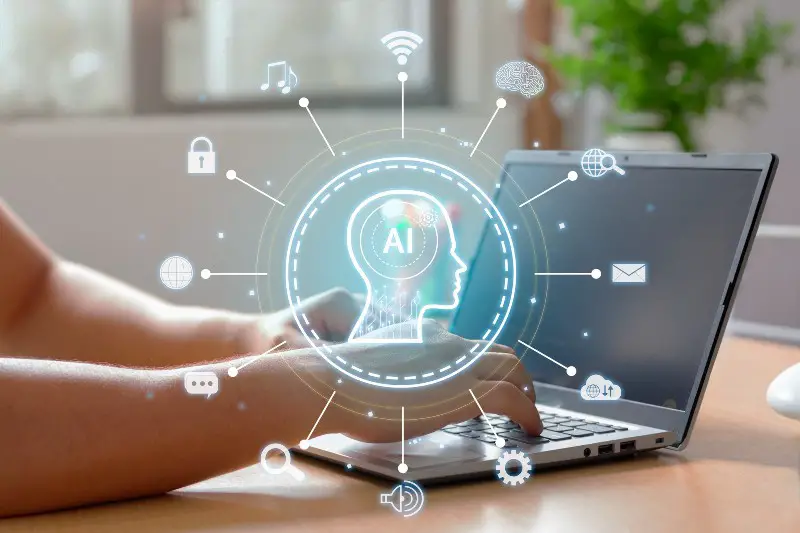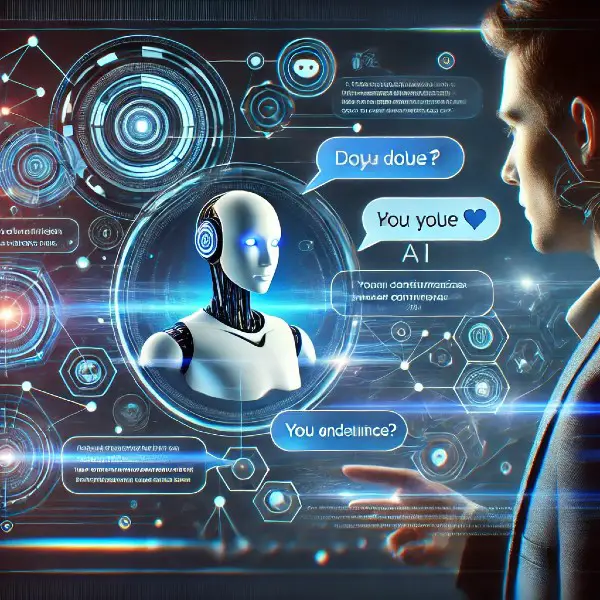AI Horizon As artificial intelligence (AI) continues to shape the future of healthcare, it brings forth both remarkable opportunities and complex ethical dilemmas. While AI has the potential to revolutionize patient care, improve diagnostic accuracy, and streamline administrative processes, it also raises critical questions about privacy, bias, and the human element in healthcare. Navigating this AI-driven landscape requires a delicate balance between embracing technological advancements and upholding ethical standards.
AI Horizon Ethical Challenges in HealthCare
One of the most significant ethical challenges in AI-powered healthcare is data privacy. AI systems rely heavily on vast amounts of personal health data to function effectively. However, the collection, storage, and usage of this data must be carefully managed to prevent breaches and misuse. Healthcare providers and AI developers must work together to ensure that patient data is protected through robust encryption and anonymization techniques while also being transparent about how data is used.
Another ethical concern is the potential for AI to exacerbate existing biases in healthcare. AI algorithms are only as good as the data they are trained on, and if that data reflects existing inequalities, the AI system may perpetuate them. For example, if a healthcare AI system is trained on data that underrepresents certain populations, it may not perform as accurately for those groups. Addressing this issue requires a concerted effort to include diverse data sets in AI training and ongoing monitoring to detect and mitigate bias.
The human element is another crucial aspect of the AI ethics debate. While AI can enhance decision-making processes, it should not replace the human touch that is essential in healthcare. Patients often seek empathy and understanding from their healthcare providers—qualities that AI cannot replicate. Therefore, AI should be viewed as a tool to augment, rather than replace, human interaction in healthcare.
Moreover, there are concerns about the accountability of AI systems. In cases where AI makes a critical error, determining who is responsible can be challenging. Is it the developer, the healthcare provider, or the AI itself? Establishing clear guidelines for accountability is essential to ensure that AI is used responsibly and that patients’ rights are protected.
Lastly, the rapid pace of AI development in healthcare necessitates continuous ethical evaluation. As new technologies emerge, so too will new ethical challenges. Healthcare organizations must be proactive in identifying and addressing these issues to ensure that AI is used in ways that benefit patients and society at large.
In conclusion, while AI holds great promise for the future of healthcare, it also presents significant ethical challenges that must be carefully navigated. By prioritizing data privacy, addressing bias, maintaining the human touch, ensuring accountability, and staying vigilant in ethical evaluations, the healthcare industry can harness the power of AI while upholding the highest ethical standards.
Reference
- AI Horizon in Healthcare: The integration of AI in healthcare has reached a pivotal point, where its potential to revolutionize patient care is both exciting and daunting. According to Harvard Business Review, the AI horizon in healthcare is defined by innovations that can enhance diagnostic accuracy, streamline clinical workflows, and improve patient outcomes. However, these advancements also come with challenges related to data privacy, ethical considerations, and the need for rigorous validation of AI tools. As AI continues to evolve, healthcare systems must balance the benefits with the inherent risks.
- AI Horizon and Ethical Implications: As AI technology advances, it’s critical to address the ethical implications that arise at the AI horizon. A report by The Brookings Institution highlights the importance of transparency, accountability, and fairness in AI systems, particularly in public sectors such as healthcare. The report discusses how AI’s potential to improve efficiency and decision-making must be tempered with strong ethical guidelines to prevent biases and ensure equitable access to AI-driven innovations.
- AI Horizon and Future Opportunities: The AI horizon is not only about the current state of technology but also about the future possibilities it presents across various industries. McKinsey & Company explores how AI is poised to unlock new opportunities, from enhancing customer experiences to driving operational efficiencies. As industries navigate the AI horizon, they must remain agile and adaptable, embracing the technology while addressing the challenges it poses, such as workforce displacement and the need for reskilling.









